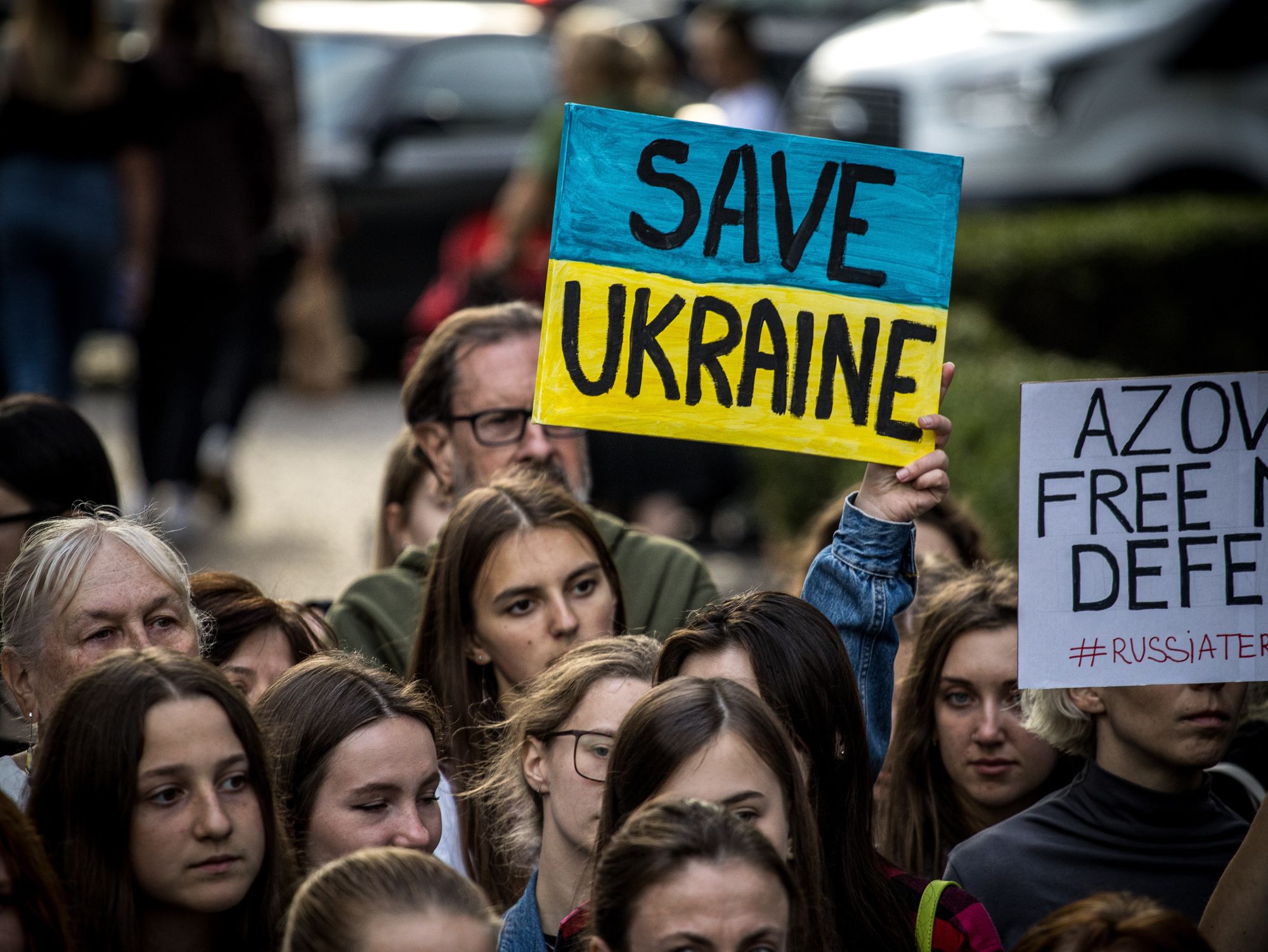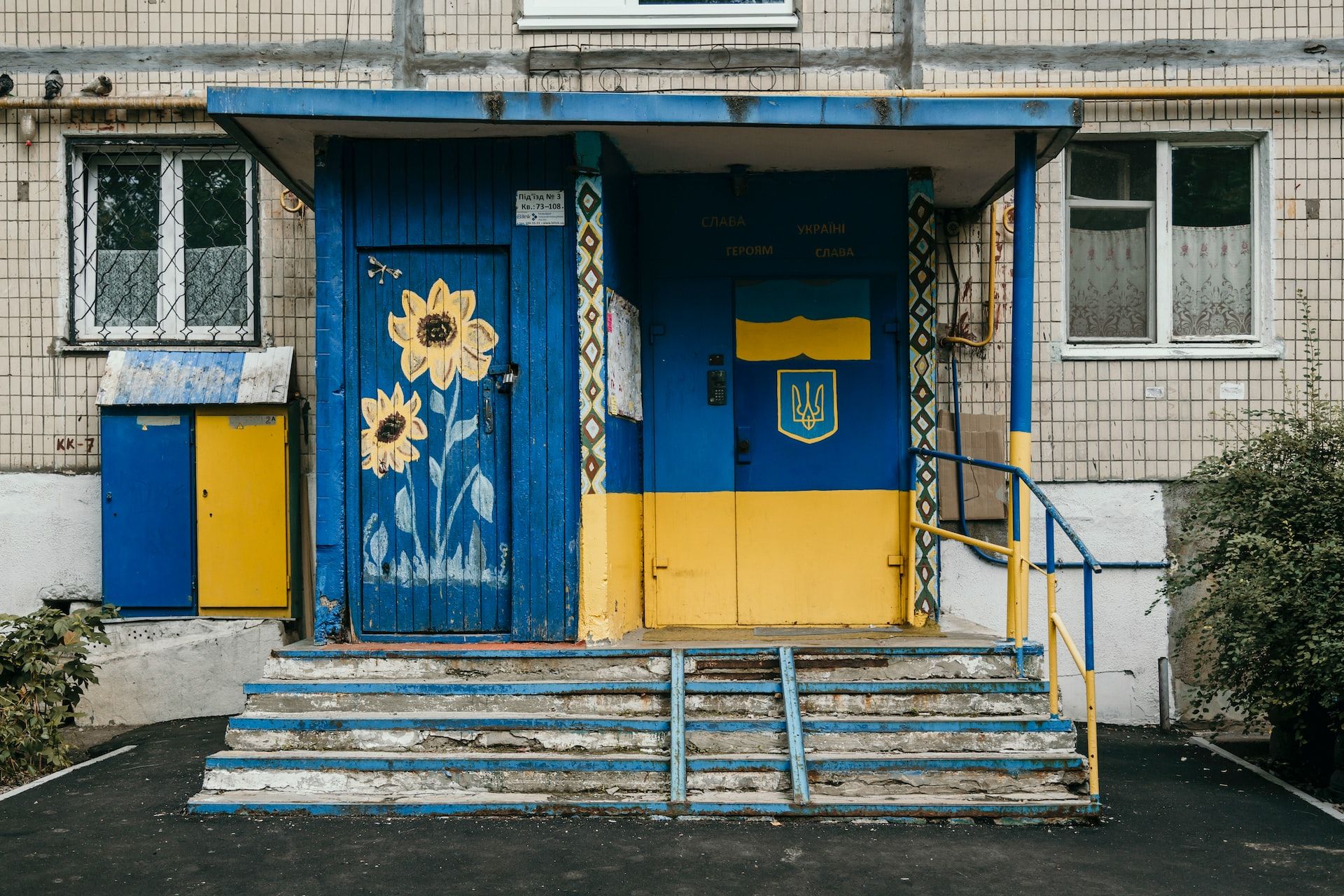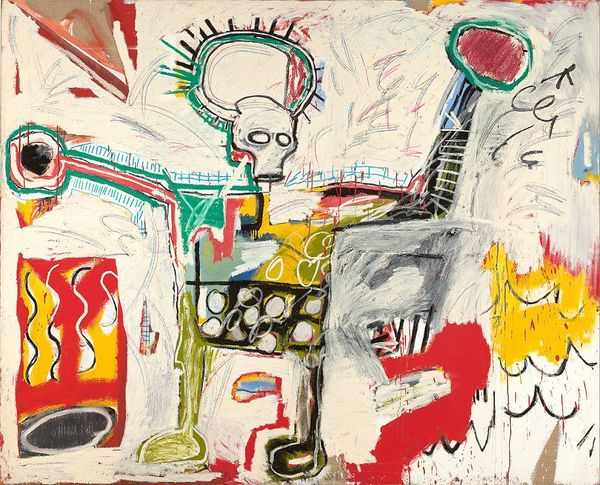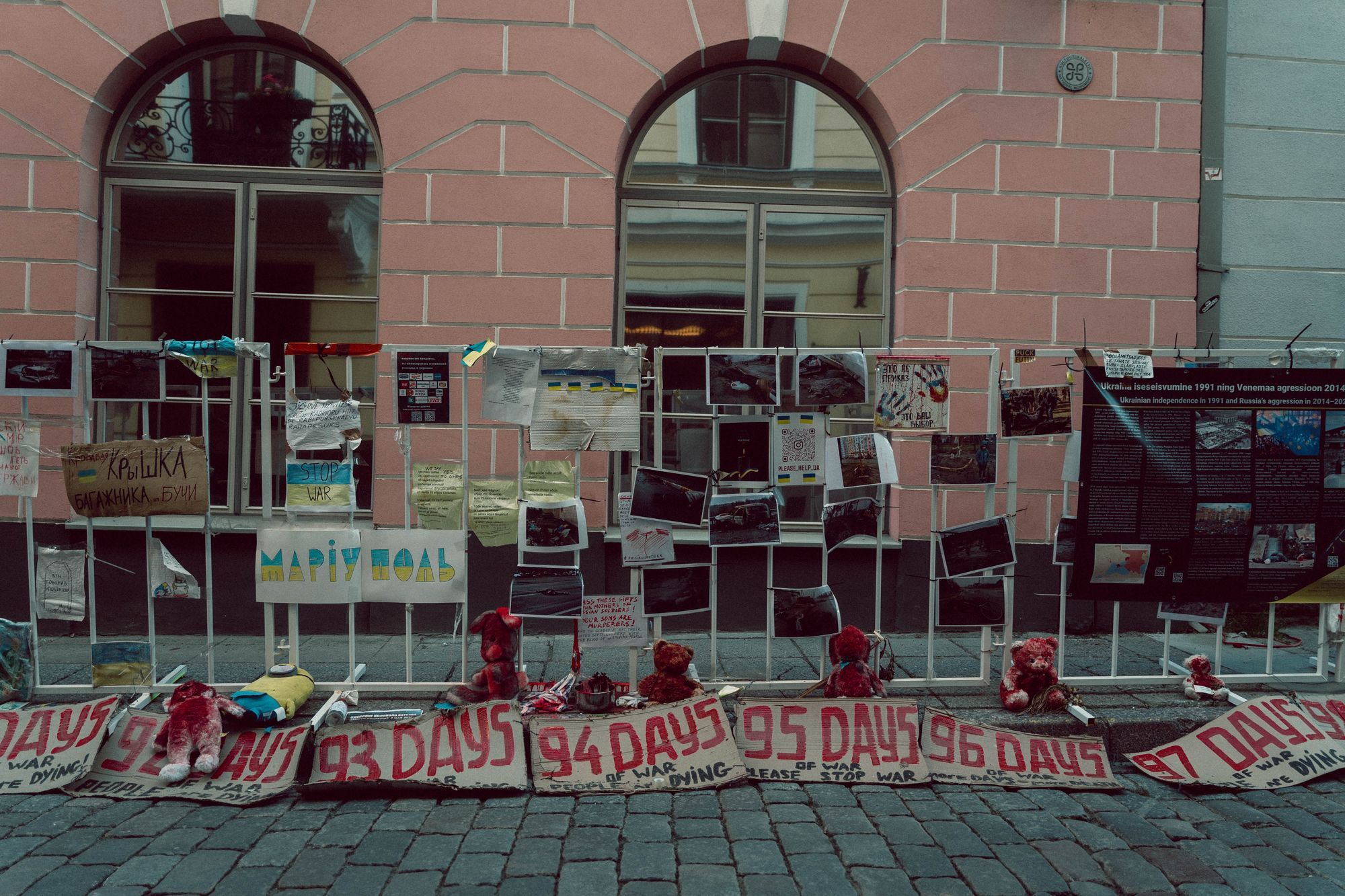This year’s Sakharov Prize was awarded to the Ukrainian people on 14 December 2022 by the European Parliament. Since the Russian invasion began in February, the Ukrainian forces have relentlessly defended the country and the whole West. The Ukrainians, on the fronts, are protecting the democratic values alongside their homeland, but the world is increasingly threatened by the rise of another destructive force: disinformation.
The European Parliament established the Sakharov Prize for Freedom of Thought in 1988; it is awarded to individuals or groups who defend human rights, liberties, and democratic values and fight against oppression even at great sacrifice. The prize is named after Andrei Sakharov, a Soviet physicist and dissident who was also awarded the Nobel Peace Prize. Nelson Mandela received the first award, and in 2021 it was given to Alexei Navalny, an imprisoned Russian opposition leader.
In the information society we live in, disinformation and the distorted and incomplete presentation of facts are weaponized, aiming to imperceptibly attack people’s thinking and reasoning. This is even more true during wars when the belligerents seek to legitimize their actions to the rest of the world, as it matters a lot how people in other countries judge their role in the conflict, not to mention their own nations. The press undoubtedly has a leading role in this; it is often referred to as the fourth branch of government. The media can determine whether society sees the Russian troops’ presence in Ukraine as an invasion or a special military operation; this framing is absolutely not negligible. Journalists’ work determines how comprehensive, diverse, and (as far as possible) objective the picture society gets from the warzone can be. They travel to war-torn regions and share their experiences, photos, and videos so that public opinion can be shaped by more input than merely loud and catchy political slogans.

On 9 December, the European Commission’s Representative Office in Hungary held a round table discussion named the Sakharov Prize: Reporters for the Ukrainian People, Reporters Without Borders. Two Hungarian journalists were invited to the panel focusing on Ukraine, particularly on the war and the role of the press in getting information. András Földes (HVG) and Szabolcs Vörös (Válasz Online) have been in Ukraine several times since February to inform the Hungarian public what is happening in the neighboring country. Antoine Bernard, RSF’s (Reporters Without Borders, in French: Reporters sans frontières) Director of Advocacy, asked the two journalists about the often dangerous and challenging but valuable Ukrainian trips.
The event was opened with Bernard’s speech, who is a lawyer specializing in human rights and international law. RSF is an international non-profit NGO aiming to safeguard the right to freedom of information. Bernard said in his opening remarks that although the war started in 2014, on 24 February 2022, it became a global conflict. He stressed the brave journalists’ role alongside the Ukrainian people who won the Sakharov Prize: without them, the public would virtually not have any information and facts from Ukraine. Of course, the military arsenal is the Kremlin’s primary weapon, but Putin’s regime also weaponized food, energy, and information. The defense against aggression also means the fight for the freedom of the press. Bernard invited the audience to watch a short but moving, powerful and thought-provoking video that shows the massive dissonance between Russian President Vladimir Putin’s words and the current standpoint of Ukraine and the rest of the world.
Bernard noted the many difficulties the Ukrainian journalists and correspondents of other nationalities working in Ukraine face, and he also drew attention to a less frequently mentioned group: the independent Russian journalists, who at least aim to work independently. Russia's repressive, censored, and propaganda-laden system reached new extremes in silencing critical voices by prohibiting the word „war” in the Russian invasion’s context. Only the term „special military operation” can be used to describe the Russian presence in Ukraine. Many Russian journalists have fled the country since February, and RSF launched its JX Fund (in partnership with other organizations) to help journalists who fled Russia to continue their work.
András Földes, a journalist for HVG, was the first Hungarian speaker; he has also been in other war zones, such as Afghanistan and Iraq, to provide first-hand information from the conflict zones. He said that the plight in Ukraine is reminiscent of World War II: the identifiable front lines are the most dangerous, but the Russian drones and missiles can also pose a danger to journalists in other parts of the country.
Szabolcs Vörös, a journalist for Válasz Online, visited Bucha to write about his experiences. Russian soldiers killed hundreds of civilians in the city, although Moscow denies the accusations. Vörös said that a journalist cannot be completely objective, but they can be thorough, and this quality is what counts, not the total exclusion of emotions. Vörös has been in Ukraine three times since the war broke out, and his experience is that the Ukrainian people are open to conversations. They understood that the more they share, the more people hear about their truth. And the more local testimonies coincide, the better they can be treated as the objective truth.

Földes compared the devastation in Ukraine to a war film: the cities and the infrastructure are seriously damaged, and people suffer. He highlighted the regional differences between the people’s attitudes: in the central parts, in the area of Kyiv, people are motivated by anger; they want to chase all Russian invaders out. In the eastern regions of Ukraine, people are more resigned and indifferent. Many residents left these regions; those who stayed are mostly old or poor, and a minority even supports Moscow. Földes said he met locals who were afraid to talk because of fear that the returning Russians might somehow use the report against them.
Regarding the preparation for such challenging journeys, Vörös highlighted the fixers’ role. A fixer assists a foreign journalist in dangerous places with a better knowledge of the local context and language. Fixers can also more easily gain locals’ trust. He explained that wearing the „PRESS” sign is compulsory and that a thorough background check precedes granting a journalism permit, which is valid for six months. Ukrainian authorities insist on background checks to ensure that foreign journalists are not working for their enemy.
Földes and Vörös said it is virtually impossible to communicate with the Russian troops in Ukraine. In a nutshell, if one talks with the Russians, they lose the Ukrainians’ trust, meaning they will stop providing information. It is not recommended to enter Russian-occupied territories, although it would certainly be desirable from a journalistic point of view. Földes added that the tensions in society are extremely high. For example, the Ukrainian authorities once randomly took him to the police station for questioning to make sure he was not a Russian spy.
At the end of the discussion, the panelists addressed the question in everyone’s mind: What is the real reason behind the war? Unfortunately, there is no easy and sure answer; Vörös believes that the Russians could not answer this question either. The war broke out between two interlinked neighboring nations, but the conflict’s devastation probably irreversibly broke the ties between Russia and Ukraine.

Three exhibitions to see in Vienna this year

Food design inside and out #3—Edible gifts










